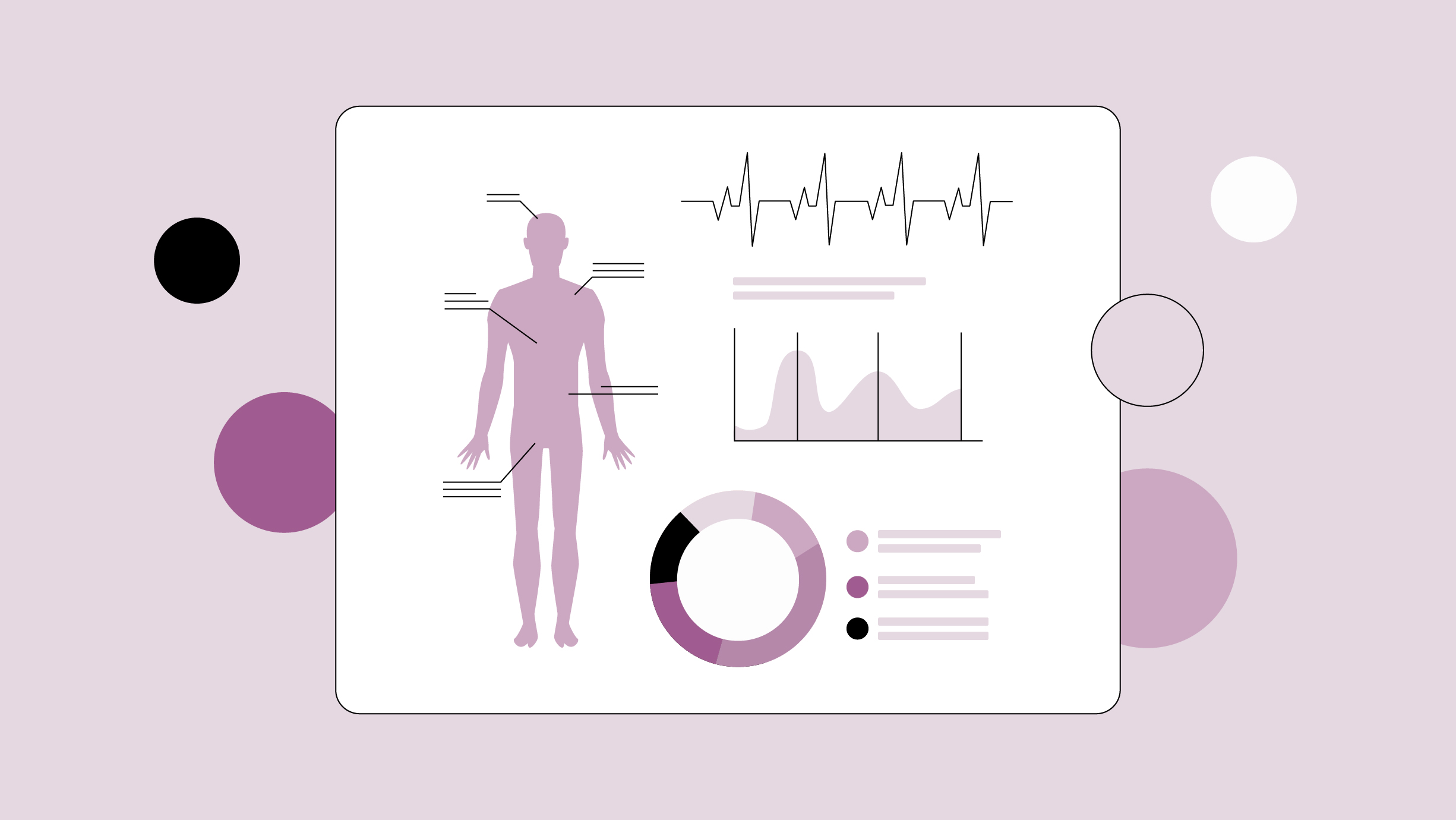What should I tell my care team before I take this medication?
They need to know if you have any of these conditions:
- Change in diet, eating less
- Dehydration
- Diet low in salt
- Frequently drink alcohol
- Having surgery
- History of diabetic ketoacidosis (DKA)
- History of genital infections
- History of pancreatitis or pancreas problems
- History of urinary tract infections (UTI)
- Kidney disease
- Liver disease
- Serious infection
- Trouble passing urine
- Type 1 diabetes
- An unusual or allergic reaction to sotagliflozin, other medications, foods, dyes, or preservatives
- Pregnant or trying to get pregnant
- Breastfeeding
What may interact with this medication?
This medication may affect how other medications work, and other medications may affect the way this medication works. Talk with your care team about all of the medications you take. They may suggest changes to your treatment plan to lower the risk of side effects and to make sure your medications work as intended.
This list may not describe all possible interactions. Give your health care provider a list of all the medicines, herbs, non-prescription drugs, or dietary supplements you use. Also tell them if you smoke, drink alcohol, or use illegal drugs. Some items may interact with your medicine.
What should I watch for while using this medication?
Visit your care team for regular checks on your progress. Tell your care team if your symptoms do not start to get better or if they get worse.
You may need blood work done while you are taking this medication.
Using this medication with insulin or a sulfonylurea may increase your risk of low blood sugar. Learn how to check your blood sugar. Learn the symptoms of low and high blood sugar and how to manage them.
This medication may increase the risk of diabetic ketoacidosis (DKA), a serious condition in which high ketone levels make your blood too acidic. Your care team may ask you to check for ketones in your urine or blood while you are taking this medication. If you develop nausea, vomiting, stomach pain, unusual weakness or fatigue, or trouble breathing, stop taking this medication and call your care team right away.
Check with your care team if you have severe diarrhea, nausea, and vomiting, or if you sweat a lot. The loss of too much body fluid may make it dangerous for you to take this medication.
If you have diabetes, you may get a false-positive result for sugar in your urine. Check with your care team.
If you are going to need surgery or other procedure, tell your care team that you are on this medication.








